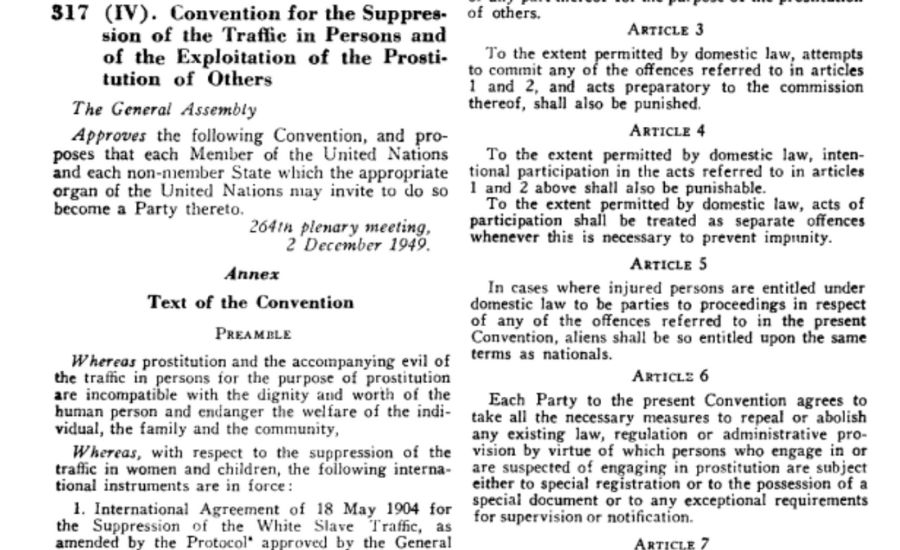
Earlier this month, the world observed 2 December as the International Day for the Abolition of Slavery. This marked the 72nd anniversary of an important United Nations Convention in 1949.
Exactly a year earlier, the Indian Constituent Assembly took up Draft Article 17 (Article 23 Constitution of India 1950) for discussion. The Draft Article stated that ‘Traffic in human beings and begar and other similar forms of forced labour are prohibited and any contravention of this provision shall be an offense punishable in accordance with the law.’
Kazi Syed Karimmuddin wanted the Draft Article to explicitly mention ‘slavery’. Damodar Swarup Seth proposed to add the term ‘serfdom’ which he said could capture all kinds of slavery in India. K.T. Shah felt that slavery was an inadequate term – it only captured one strand of forced labour: the buying and selling of human being as labour. It did not encompass practices like devadasi, begar, and prostitution.
It appears that the Assembly agreed with Shah. It did not add slavery to the Draft Article and stuck with ‘traffic in human beings’, ‘begar’, and ‘other forms of forced labour’ to account for a wide spectrum of forced labour that existed in India.
A year later, on 2 December 1949, 25 countries including India signed the United Nations Convention for the Suppression of the Traffic in Persons and of the Exploitation of the Prostitution of Others. The Convention seemed to reduce forced labour to the traffic of women – a narrow conception of forced labour compared to our Constitution framers.
This however changed in 1985 when a United Nations working group report proposed to observe 2 December as the World Day for the Abolition of Slavery. Since then, the U.N. observes this day to bring the world’s attention to forced labour. It now views forced labour more comprehensively to include a range of practices like forced marriage, forced recruitment of children in armed conflict, debt bondage, and human trafficking.
